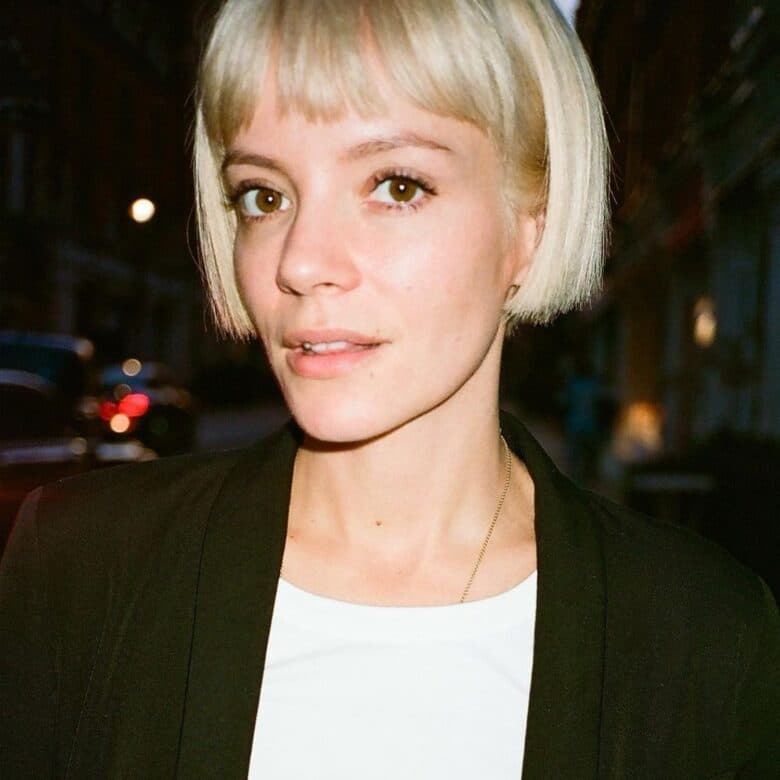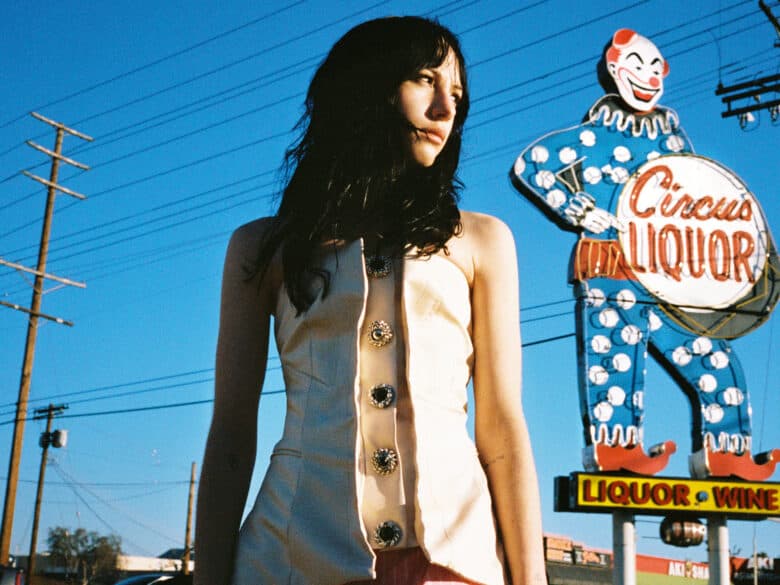Get to know Slymkrez — the Afrobeats newcomer ready for stardom
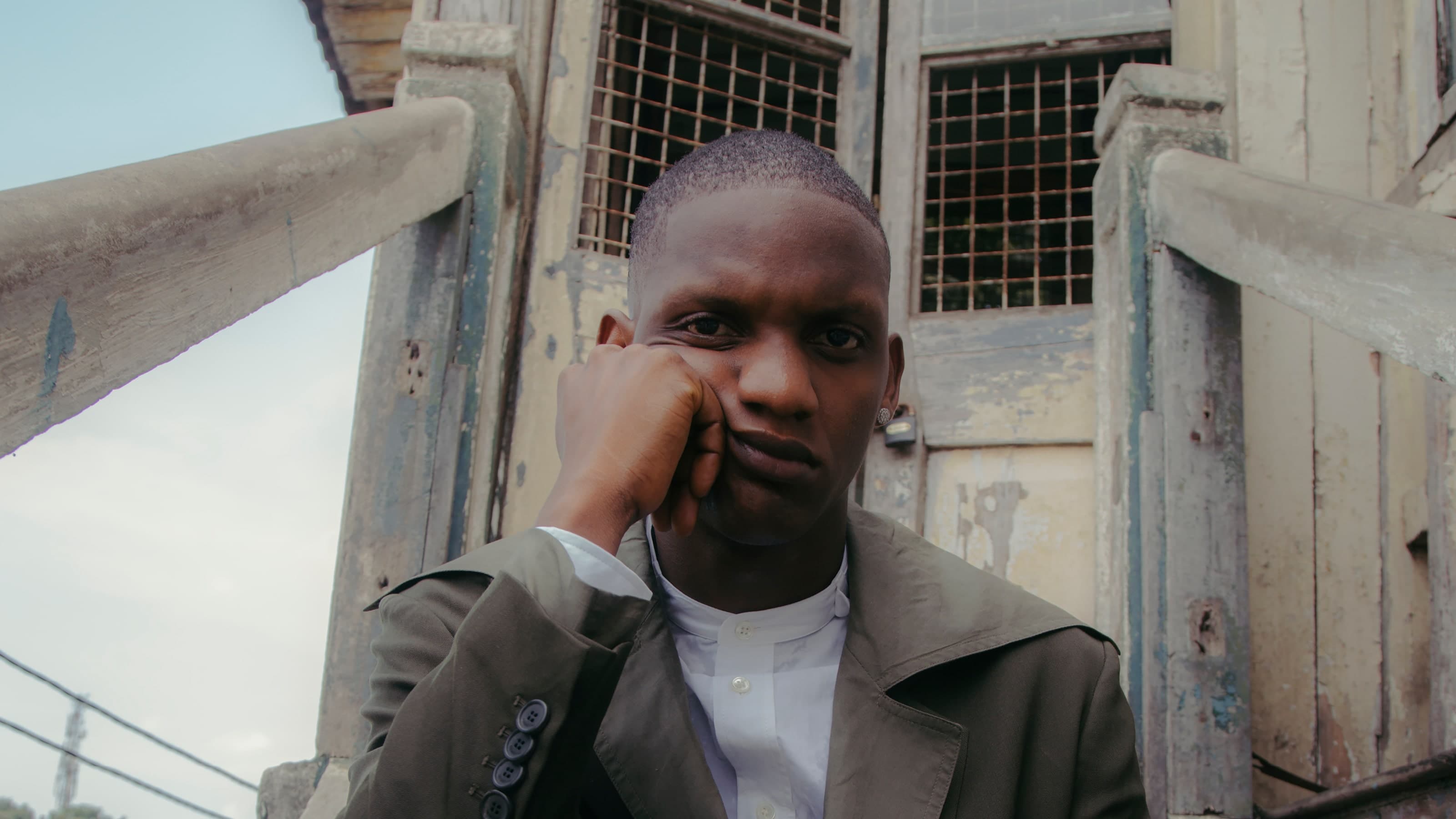
This month witnesses the release of his brand new debut EP, Listen To The Message, Don’t Shoot The Messenger (LTTM/DSTM) – a four-track project about sharing positivity and the importance of self-awareness. Ahead of the new EP, Slymkrez describes how he wants his listeners to connect to the elements of the project. “Love, Pain, Emotions – all of these I put together to tell my story and try to engage the mind in matters that matter,” he tells HUNGER.
Listen To The Message, Don’t Shoot The Messenger (LTTM/DSTM) has a serene quality: a track like ‘Different’ sets the project’s tempo as a very heart-warming, introspective record; ‘Location’ sees Slymkrez flex his eclectic influences; ‘Roadside’ puts his lithe-heavy vocalisation front and centre; and ‘Quando’ featuring Nigerian rapper AQ, is the warm footnote the project needed. Here, Slymkrez speaks to HUNGER about the EP, the story behind it, his introduction to music, and his thoughts on the current music scene.
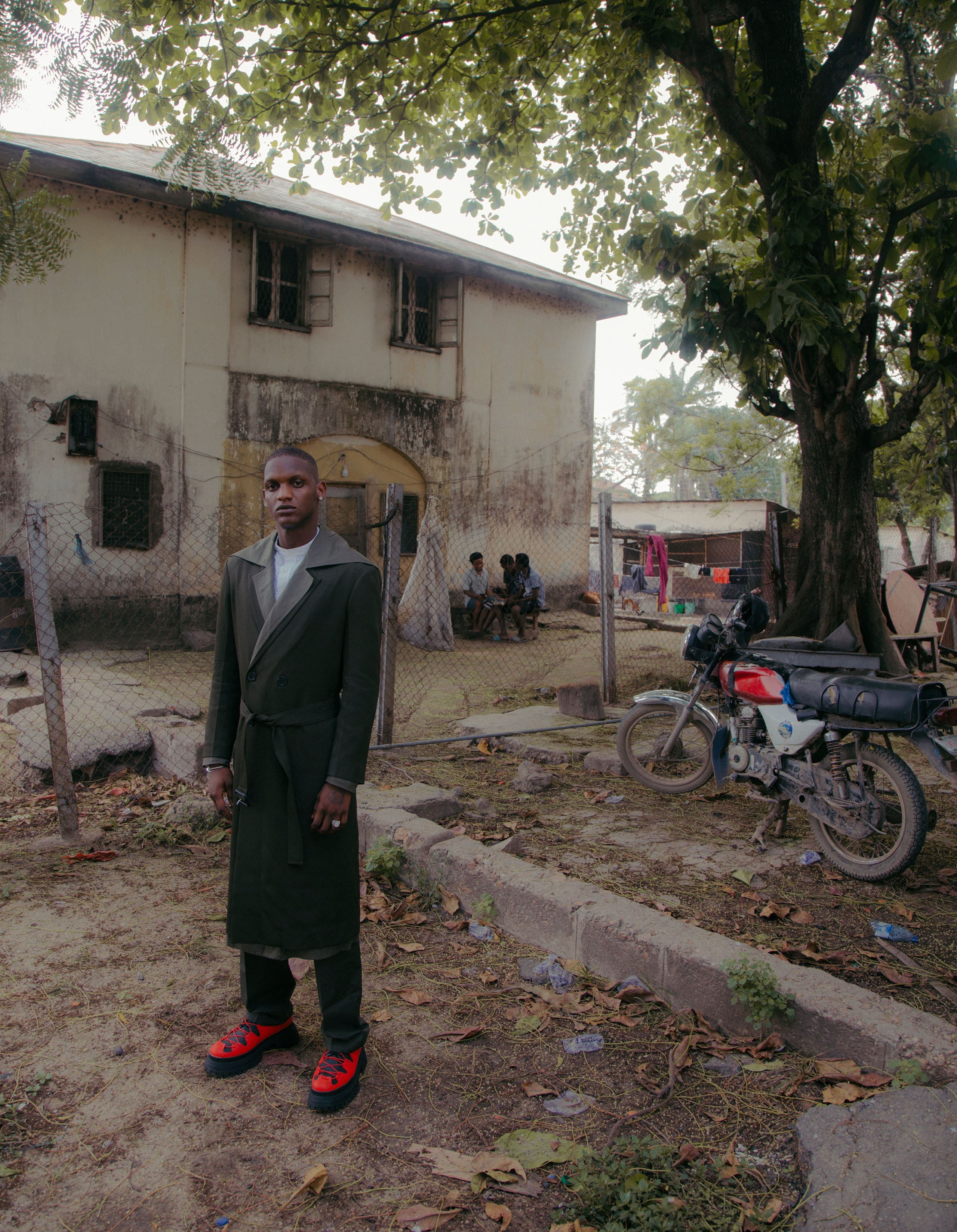
Tell me about your childhood.
I’m the first child of four kids, I have three siblings. I’m from Edo State, Nigeria. My dad was a businessman and my mom is a trader. Growing up was just simple, and for me, it was all about music. I don’t have much to say about my upbringing because I didn’t do much. I was always at home, if I’m not at home, then I’m in school, and then back home.
What influenced you to start making music?
My environment is one of the major reasons why I’m into music. I grew up in a household where my dad played a lot of reggae music, so I had to digest that. We lived in a face-me-I-face-you apartment then, and our neighbours would always play those songs from artists that reigned in the early 2000s like Zule Zoo, African China, and Yinka Ayefele. Across the street where we lived at the time, there were a group of DJs who played a lot of street music. For me, just seeing all that from time to time, I just felt like I could do all these things, and that was when I started writing my music. When I got into university, I just told my Mum that I wanted to do music. Although she was sceptical about it because those DJs spoke of earlier never really got anywhere with DJing. That was the impression my mum had about music, and me telling her I want to do the same music felt a bit off to her. Then in my third year of studying economics at university, I dropped out because I was not concentrating. I realised that at the end of the day, it was about me. And it’s been four or five years now since I left uni, and I have no regrets.
But was making music the dream?
Yeah, music has always been my dream. Back then, if I had the opportunity to fund myself as I am doing right now, before going into the university, I would have schooled myself through music. I would have just studied music, instead of economics. But I was scared to tell my parents, especially my dad, because I knew that they didn’t see music the way I did, and I mean, he was the one paying my tuition fees. In my first year of uni, I met some guys who had a studio in the hostel, and that was like a breakthrough for me. They gave me free access to the studio, because really, as a student, there was no way I could afford to pay for studio time. That was where I developed my sound and my style of music. I really hoped my dad would understand.
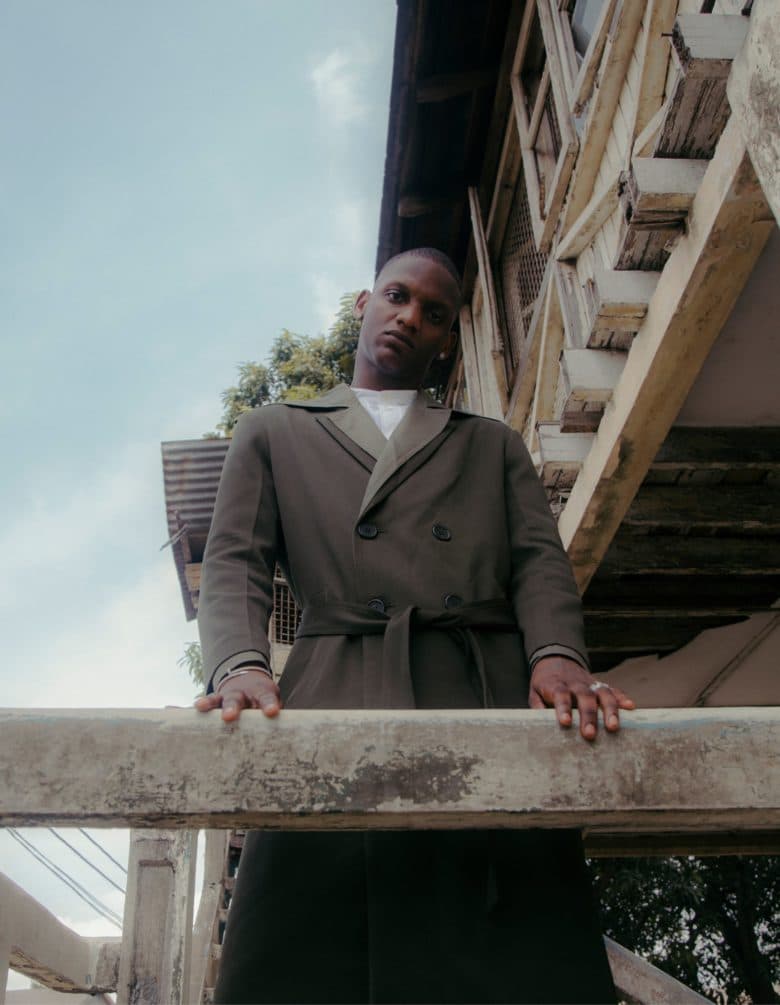
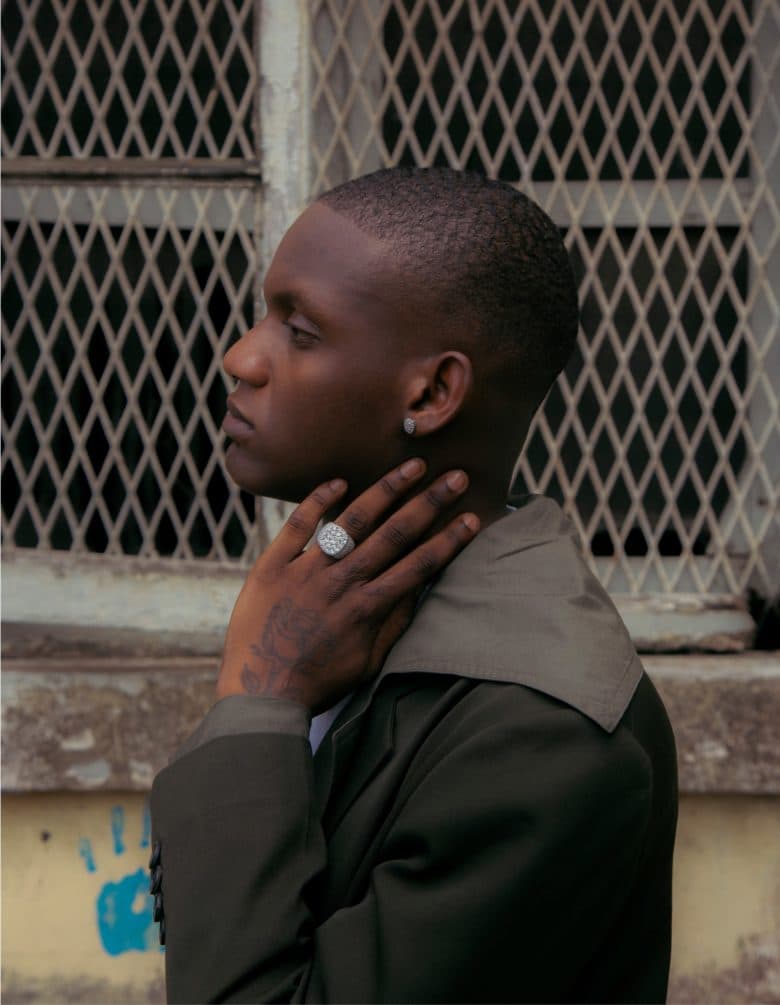
How are you feeling about the state of the Nigerian music scene currently?
The growth is very nice. It’s unbelievable to see afrobeats become global. A few years ago, we were not really a thing, but now everybody wants to be Nigerian. Everybody wants to identify themselves with the afro sound. It’s like the future, and it’s like a reassurance for me that my music would pay off at the end of the day.
Congratulations on the release of your brand new debut EP. What have the past few months been like for you leading ahead of this release?
I’ve been having high hopes that the message I’m passing is being understood by the listeners. And the delay had not helped at all [laughs].
Do you feel relieved that it’s already out?
Yeah sure. The only time I felt pressured was putting the whole project together, but now that it’s done and out of my hands, it’s now left to the distributors.
What was the hardest part of creating this project?
To be honest, the hardest part was what to create. But thankfully, the inspiration always kept coming. Like the track ‘Roadside,’ I had written that song back in 2020, so I just revamped it.
I find the title of the project very thought-provoking. What inspired it?
I had a song that carried that particular phrase, but I didn’t want it to be a song because I felt that phrase should be used for something bigger. So after we had compiled the EP and we needed a title, I just didn’t want the regular one-word title. I wanted something that would explain the four songs on the project. That phrase came to mind naturally, and it just fits perfectly.
How did you choose the featured artists for the project?
I had two artists featured on this EP. One is Kpemeshi, my sister, and then there’s AQ, the rapper. My sister is a poet and she just graduated from school, so I was like ‘now that you have graduated from school, show me what you can do.’ After I was done with the first track ‘Different,’ I just sent it to her. She did something over the phone and sent it back, and it was just perfect. For me, when you want a feature, instead of looking for popularity, look for the right verse or the right line that would make the song perfect. Once you can identify that, you would know who to feature. I needed a rapper for ‘Quando’ and no one does it better than AQ.
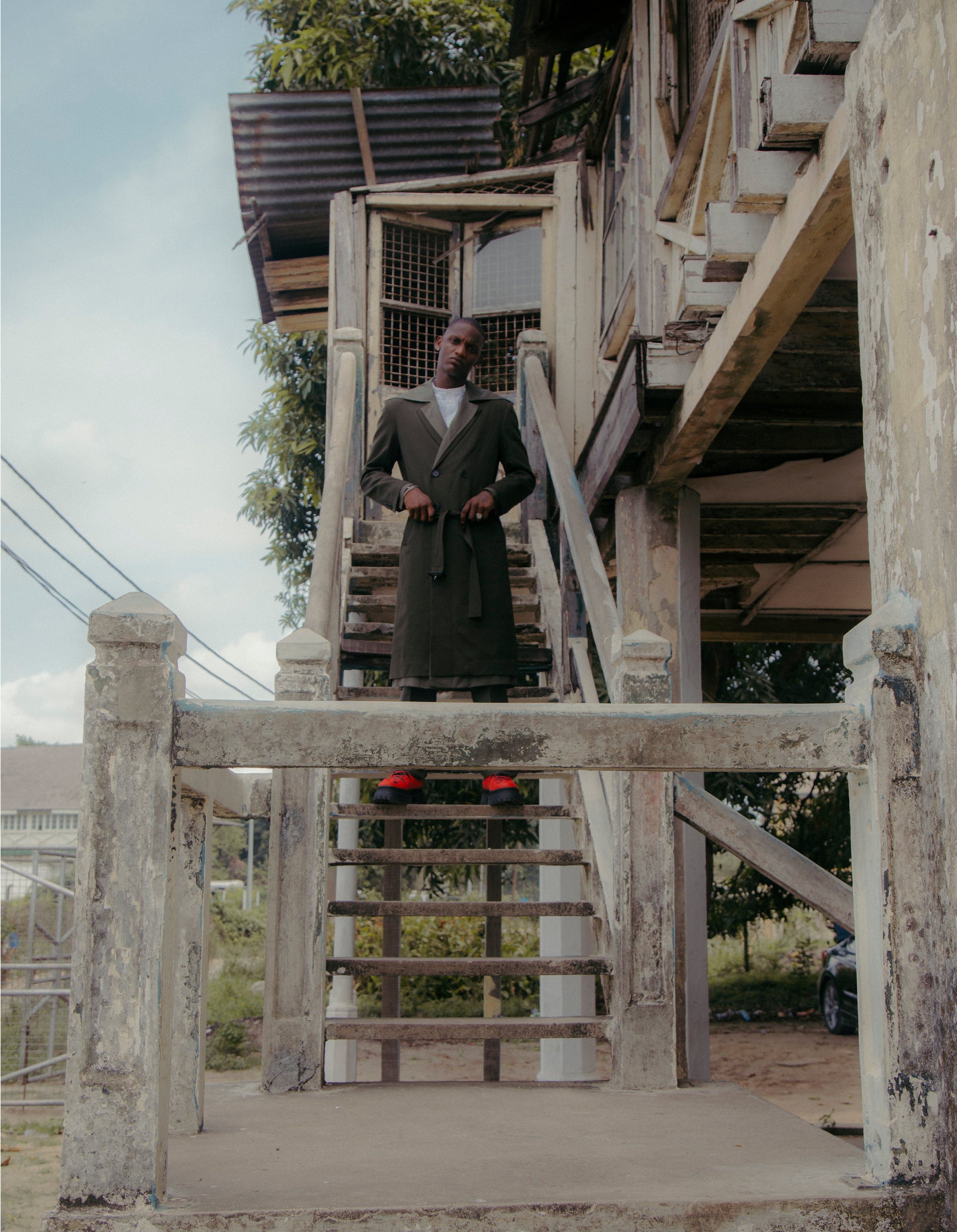
From the EP, ‘Roadside’ happens to be the one track I got connected to the most. What was the story behind it?
October 2020 was when the whole #EndSars protest happened, and that was the period I wrote ‘Roadside.’ I couldn’t finish the whole song because, at some point, things were just normal, and I was distracted. The song was about the whole 2020 madness, but that was the vibe then. ‘Roadside’ is just like a story about what’s going on and what’s going to happen, and I just hope people relate to it, especially the blacks.
What’s your favourite song on the project?
My favourite song was ‘Roadside,’ but after different meetings with music outlets and music executives, I’ve come to like ‘Different’. The way they explained the song is so different from what I was thinking when I wrote it.
Are we getting more projects from you in the feature?
Yes. As I’m talking to you right now, I’m working on my album. I already have three songs all set for the album. Within a few years from now, I’ll be ready to unveil this album to the world.
Listen To The Message, Don’t Shoot The Messenger (LTTM/DSTM) is out now on all streaming platforms.
